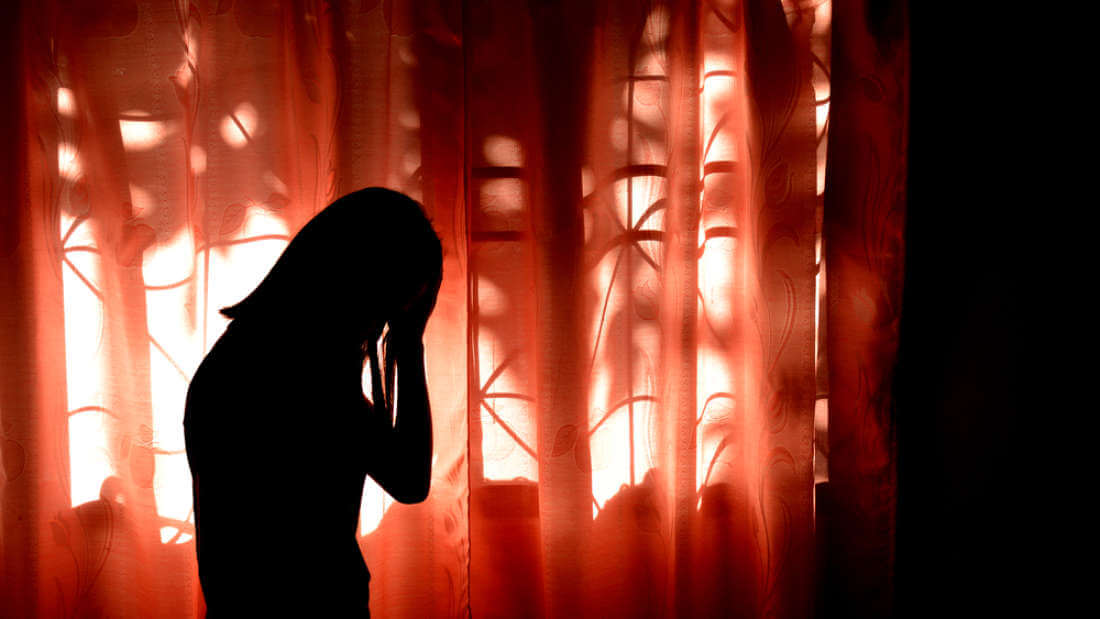
We all sleep in different conditions. Someone prefers to sleep with a night light, getting used to this lighting since childhood, some people prefer total darkness in the room and someone can sleep with the lights on. As it turned out, even a small amount of light in your bedroom can seriously increase the risk of developing depression. To such conclusion the Japanese scientists Kenji Obayashi, Keigo Saeki and Norio Kurumatani. The results of their research are published in The American journal of Epidemiology.
The reason for this phenomenon is unclear, but scientists believe that all this is due to the 24-hour circadian rhythm that tells him when to sleep and when to Wake up. The rhythm of this is programmed into us by environmental factors. In the case of humans and animals light directly affects the production in their body of the hormone melatonin, which regulates circadian rhythms. In other words, we want to sleep when the sun goes down and Wake when it rises. But not so easy when everyone around us for hundreds of artificial light sources, including light emitting devices, the light from the headlights passing the window of the car, the screens of smartphones, smart watches and tablets, computer monitors, nightlights and so on.
Night lights, or LAN (Light At Night), as they outlined in their study, Japanese scientists introduce serious distortions in our natural cycle of sleep and wakefulness. The study involved more than 860 elderly people without any signs of depression. Throughout the four years of the experiment participants slept in rooms with artificial lighting, and the other part – in a totally dark bedroom. Scientists have found that those people who slept in a room with a lighting level equal to or above 5 Lux, showing a significantly higher risk of depression than those who went completely dark room for sleeping. As a result, 73 of the participants had any signs of depression after 24 months.
Of course, Japanese scientists recognized that for completeness of the experiment, a similar study should be carried out on young people. Because the elderly are to respond differently to lighting. But, anyway, the likelihood is high that even young people will react to the dream in the light in the same way. Meanwhile, scientists recommend us to avoid sleeping in the same room with artificial light sources and hang Windows in a room with thick curtains obscuring the light from outside. In addition, they remind that the radiation of displays of modern gadgets (especially a cold blue light) can also have a negative impact on the quality of our sleep.
Sleep in a room where light penetrates, can lead to depression
Sergey Grey